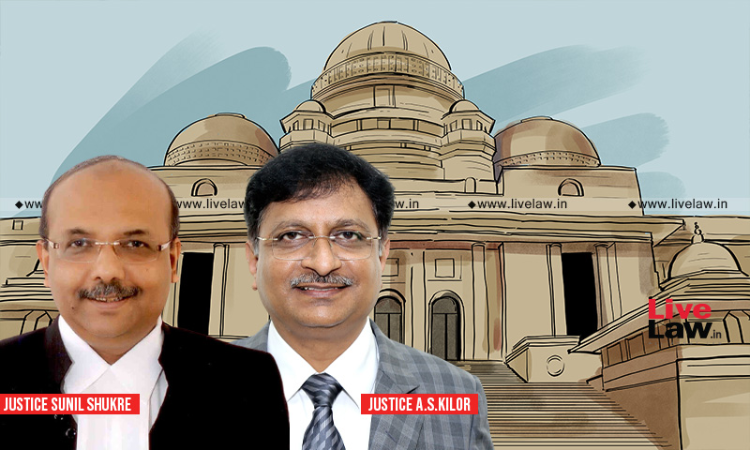Bombay High Court Quashes Consumer Protection Rules Excluding Lawyers With 10-20 Years Experience From Appointments To Consumer Commissions
Sharmeen Hakim
14 Sept 2021 5:45 PM IST

The Court observed that the impugned Rules were an attempt to circumvent Supreme Court's directions.
Next Story


